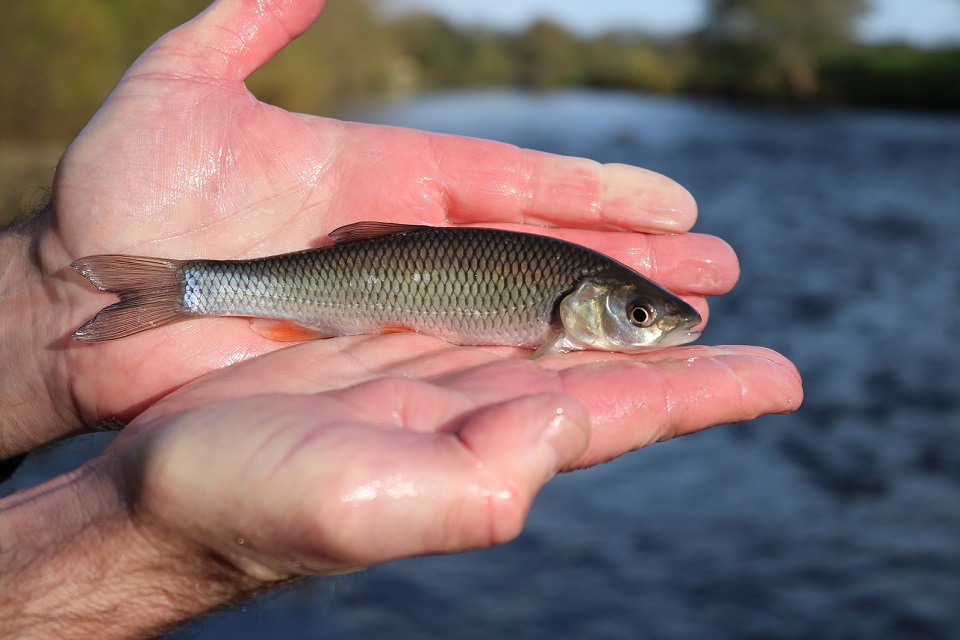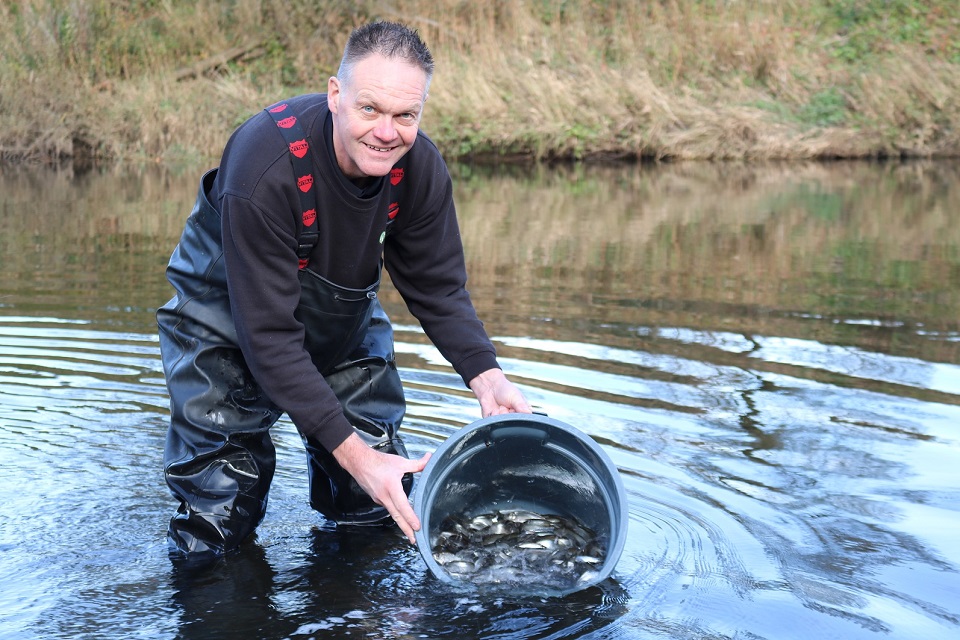Press release: Nottingham man faces hefty fine for fishing without a licence
The Environment Agency is reminding anglers of the importance of having a rod licence, after a Nottingham man was ordered to pay a fine of £346 plus costs after being found guilty of fishing without a licence.
Wayne Dickens of The Square, Bestwood Village was fined by the court to a total penalty of £1,393 after being found in breach of the Salmon and Freshwater Fisheries Act (1975) in June 2017.
The case heard at Wellingborough Magistrates Court on 9 November 2017 was brought by the Environment Agency following the discovery of the offender in Strawberry Fields, Lincoln in June 2017.
Following the verdict, Steve Powell, Enforcement Team Manager for the Environment Agency said:
It’s important that all anglers understand how seriously the courts take these offences and we hope it will provide as a deterrent for any angler thinking of fishing without a licence. All the money raised from rod licence sales is used to protect and improve fish stocks and fisheries, benefitting anglers and those cheating the system will be prosecuted.
Every year across the country, thousands of anglers are prosecuted for not having a fishing licence. As well as swindling other anglers, fishing illegally can carry a hefty penalty. Getting caught without a licence could land you with a fine of up to £2,500.
Any angler aged 12 or over, fishing on a river, canal or still water needs a licence. An annual licence costs from just £30 (concessions available) and is available from GOV.UK or by calling the Environment Agency on 0344 800 5386 between 8am and 6pm, Monday to Friday.
Anyone with information about illegal fishing activities can contact the Environment Agency Incident Hotline on 0800 80 70 60 or anonymously to Crimestoppers on 0800 555 111.

